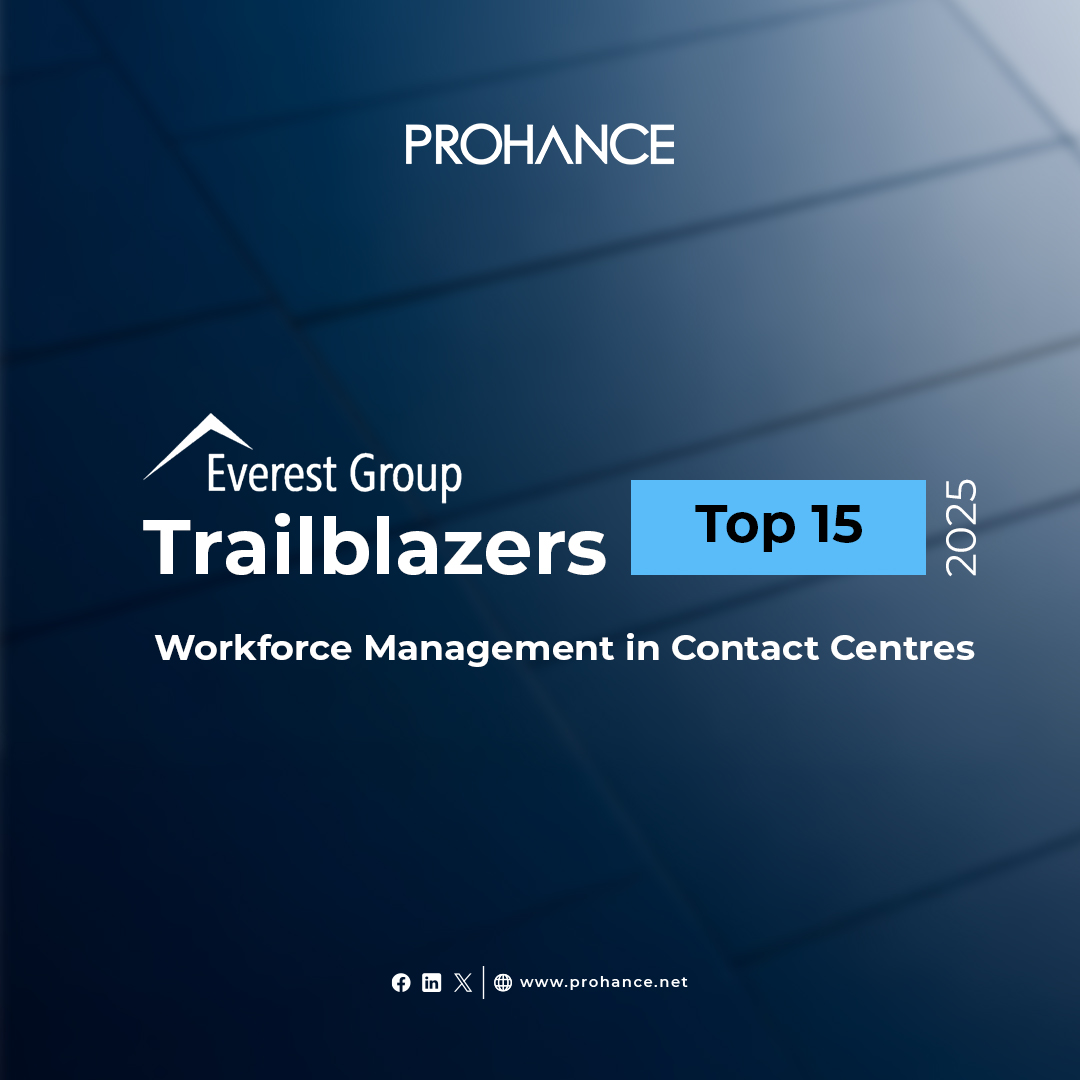9 Future of Work Trends for 2025: A ProHance Perspective
Table of contents
As organizations navigate the evolving workforce landscape, staying ahead of emerging trends is critical to maintaining a competitive edge. At ProHance, we recognize the transformative impact these trends will have on workforce and talent strategies over the next one to five years. To thrive in 2025 and beyond, it is essential to evaluate how these developments will shape your organization and proactively address the challenges ahead.
Each of the identified trends aligns with one of four key themes: reimagining the employee value proposition (EVP), enhancing managerial competencies, redefining career trajectories, and harnessing the potential of artificial intelligence.
Theme 1: Reimagining the Employee Value Proposition (EVP)
- 1. Four-Day Workweeks Evolve from Radical to RoutineWith an intensifying talent shortage, organizations are exploring condensed workweeks to attract and retain employees while meeting business objectives. Research indicates that 63% of job seekers consider work life balance as a top factor when evaluating job opportunities.
- 2. The Cost of Work Crisis Reaches a Breaking PointThe push for employees to return to physical offices has highlighted the financial and time-related burdens associated with commuting. Without a clear understanding of who bears these costs and why, the return-to-office debate will continue to challenge organizational cohesion.
- 3. Climate Change Protection Becomes a Critical Employee BenefitAs climate-related disruptions intensify, organizations are prioritizing transparency in their environmental response strategies. Offering support plans to address climate-related challenges will become a key differentiator in attracting and retaining top talent.
Theme 2: Enhancing Managerial Competencies
- 4. Employee Conflict Resolution Emerges as a Critical Managerial SkillWith geopolitical uncertainties, social movements, and evolving workplace dynamics, interpersonal conflicts are becoming more prevalent. Managers who can effectively navigate and mediate these conflicts will drive positive organizational outcomes.
- 5. Diversity, Equity, and Inclusion (DEI) Becomes Embedded in WorkflowsRather than existing as a standalone initiative, DEI principles will be fully integrated into daily business operations, fostering a culture of inclusivity and innovation across all levels of the organization.
Theme 3: Redefining Career Trajectories
- 6. Skills Take Precedence Over Degrees as the ‘Paper Ceiling’ CrumblesOrganizations are moving beyond traditional degree requirements to focus on skill-based hiring. This shift will expand access to a broader talent pool and address workforce shortages more effectively.
- 7. Career Stereotypes Dissolve Amid Workforce EvolutionNonlinear career paths are becoming increasingly common as professionals embrace career breaks, industry shifts, and contingent work models. Organizations must adapt their talent strategies to accommodate these evolving career journeys.
Theme 4: Harnessing Artificial Intelligence
- 8. AI Drives Workforce Opportunities, Not ReductionsContrary to concerns about AI replacing jobs, its implementation is expected to create new opportunities, streamline operations, and enhance workforce efficiency. AI will accelerate employee proficiency in emerging technologies and roles.
- 9. GenAI Experiments Bring Challenges and Learning OpportunitiesWhile Generative AI (GenAI) offers significant potential, it also presents challenges related to data accuracy, governance, and risk management. Investing in comprehensive training and governance frameworks will be essential to leveraging GenAI effectively.
Preparing for the Future with ProHance
Understanding and responding to these trends will be crucial for businesses aiming to optimize workforce performance and employee engagement. At ProHance, we are committed to empowering organizations with data-driven insights and innovative solutions to navigate the evolving future of work successfully.
Stay ahead of these trends by leveraging ProHance’s workforce analytics and optimization platform to drive operational excellence and enhance employee experience.
Subscribe to Our Insights
Join our community to stay informed about the latest workforce trends and best practices for 2025 and beyond. Together, let’s build a resilient and future-ready workforce.






